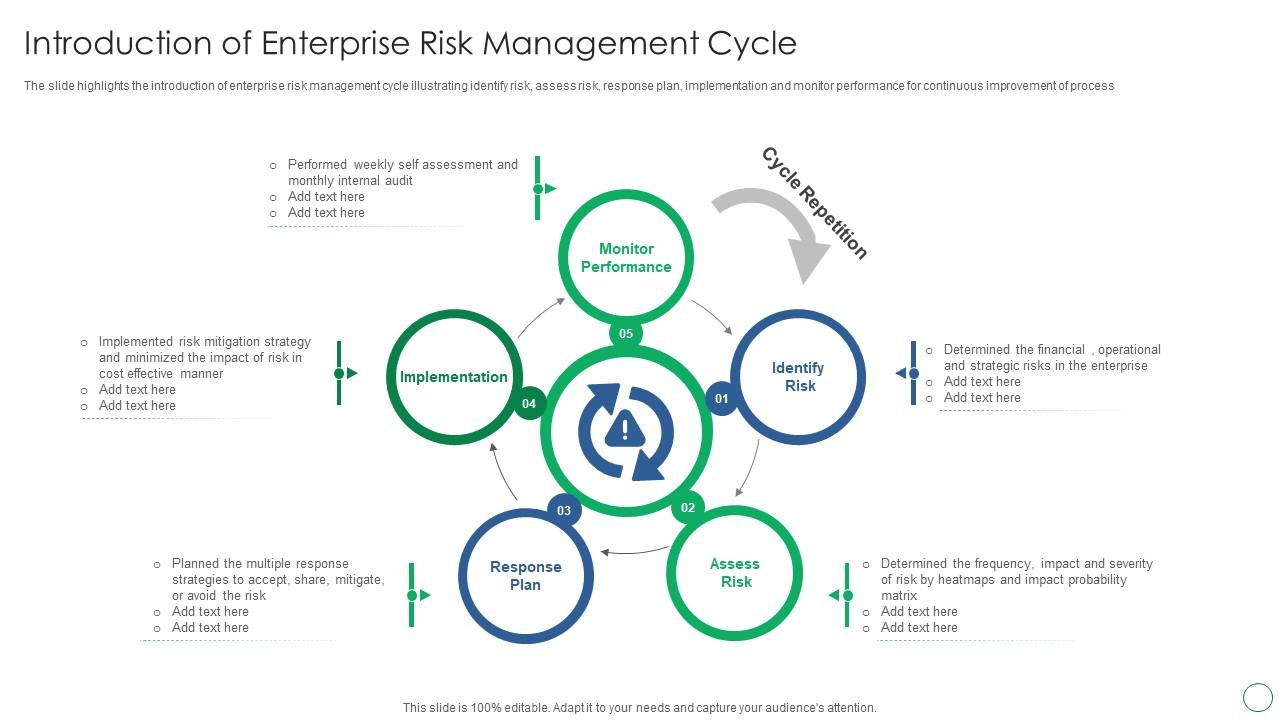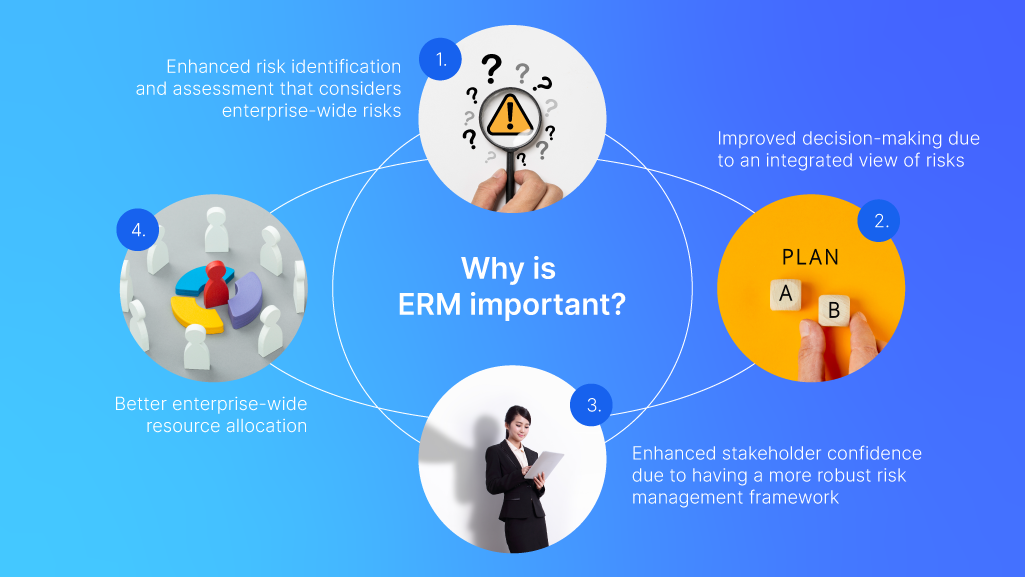Insider threats bring a unique contribution to security improvement
Wiki Article
Check out the Role of AI in Encouraging Ethics and Integrity to Combat Insider Threats Effectively
The assimilation of AI in organizational frameworks has ended up being crucial in attending to expert hazards. By using sophisticated analytics and real-time monitoring, AI systems can identify deviations from honest habits amongst employees (Insider threats). This positive strategy not just boosts compliance but additionally fosters a setting of trust. As companies progressively rely upon these technologies, inquiries arise regarding their performance and prospective implications for workplace culture. What lies in advance in the evolution of AI's role in promoting integrity?Comprehending Expert Hazards and Their Effect On Organizations
Although companies typically focus on external hazards, insider hazards position a considerable threat that can threaten safety and stability. These risks emerge from individuals within the organization, such as contractors or workers, that might misuse their accessibility to delicate information for personal gain or destructive intent. The impact of insider dangers can be severe, leading to economic losses, reputational damages, and lawful ramifications.Aspects contributing to insider risks include frustration with the work environment, lack of oversight, and insufficient staff member training on safety procedures. Organizations usually have a hard time to recognize these threats, as they can be challenging to spot up until considerable damage has taken place. Avoidance methods have to concentrate on cultivating a culture of trust fund and liability, alongside executing robust tracking and reporting systems. By identifying and attending to the complexities of insider hazards, organizations can enhance their safety position and protect their important properties from internal threats.
The Development of AI in Work Environment Safety
As companies significantly face varied protection obstacles, the assimilation of expert system (AI) in office security has progressed considerably. AI applications concentrated mostly on automating fundamental safety and security procedures, such as accessibility control and security. However, improvements in artificial intelligence and data analytics have changed AI right into a proactive device capable of recognizing possible threats and susceptabilities in real-time.Organizations now utilize AI-driven systems to evaluate substantial quantities of information, allowing them to detect anomalous behavior that might suggest expert risks. This advancement has resulted in the growth of advanced algorithms that can learn from historical events, boosting the system's anticipating capabilities. In enhancement, AI devices are significantly used to enhance event feedback processes, allowing security groups to act promptly and successfully.
How AI Monitors Staff Member Behavior for Ethical Compliance
Synthetic intelligence plays a necessary role in keeping track of employee actions to guarantee honest conformity within organizations. AI systems evaluate vast quantities of information produced by employees, consisting of communications, transactions, and access to delicate info. By utilizing sophisticated formulas, these systems can determine inconsistencies from developed moral standards and business plans.Equipment knowing designs continually adjust to recognize patterns of habits that may show ethical violations, such as unapproved data access or unusual purchase activities. Insider threats. Additionally, AI-driven devices can provide real-time signals to management, promoting timely treatments when potential threats are found
The assimilation of AI into compliance surveillance not just improves the company's ability to maintain stability yet also cultivates a society of accountability among employees. By advertising openness, AI systems work as a deterrent versus underhanded actions, ensuring that workers remain aligned with moral standards and business values.
Examining Patterns: Identifying Risky Habits With AI
An expanding variety of companies are leveraging AI to examine patterns that might show risky habits amongst workers. By utilizing sophisticated algorithms, these systems can look via substantial amounts of information, recognizing abnormalities in user behavior that might suggest possible insider threats. For example, AI can detect unusual accessibility patterns to delicate information, such as workers accessing documents outside their usual range of work or throughout irregular hours. In addition, behavioral analytics can highlight constant changes in an employee's communication style or partnership practices, which might symbolize underlying problems. This proactive approach allows companies to identify danger elements before they escalate into considerable dangers. Subsequently, the assimilation of AI right into monitoring practices not just improves protection but also cultivates a society of responsibility and ethical habits. By recognizing these patterns, organizations can much better understand the behavioral characteristics within their workforce, eventually promoting a much safer and more honest work environment.
Real-Time Insights: Immediate Reactions to Possible Threats
Real-time insights with predictive analytics and automated alert systems play an essential function in resolving potential threats to ethics and stability. By leveraging these modern technologies, companies can anticipate risky habits and react without delay to minimize threats. This proactive technique enhances accountability and promotes a culture of stability in different atmospheres.Predictive Analytics Applications

Automated Alert Solutions
Predictive analytics gives a foundation for companies to boost their responsiveness to moral problems via automated alert systems. These systems use real-time data to check activities, finding anomalies that might symbolize potential expert hazards. By leveraging maker discovering formulas, automated notifies can identify patterns of behavior that drift from established norms, enabling swift intervention. This immediacy is crucial in mitigating threats connected with dishonest techniques. Automated sharp systems can simplify communication amongst pertinent stakeholders, ensuring that possible threats are attended to without delay and successfully. As organizations progressively rely on AI-driven services, the combination of automated alert systems will play a crucial function in fostering a society of values and stability, ultimately securing organizational properties.Fostering a Society of Depend On Via AI-Driven Openness
AI-driven transparency can greatly enhance count on within organizations by advertising responsibility and open communication. With real-time surveillance solutions, stakeholders can acquire insights right into procedures and decision-making, cultivating a society of integrity. Data-driven decision-making additionally sustains this openness, allowing informed options that line up with ethical requirements.Enhancing Transparency and Liability
Just how can companies effectively promote a culture of depend on? By improving openness and accountability through the tactical use expert system. AI can help organizations systematically track decision-making procedures, guaranteeing that activities line up with well-known moral standards. This transparency allows staff members to see the rationale behind choices and plans, minimizing obscurity and cultivating a feeling of fairness. In addition, AI-driven devices can facilitate clear interaction pertaining to assumptions and obligations, empowering individuals to take ownership of their actions. As responsibility becomes ingrained in the organizational society, employees are much more likely to participate in honest actions, recognizing their activities are monitored and reviewed. Inevitably, this approach grows an atmosphere where trust fund can prosper, greatly alleviating the risk of insider risks.Real-Time Surveillance Solutions
As companies increasingly seek to promote a society of depend on, real-time monitoring remedies become a critical device in improving openness. These AI-driven systems continually sites track activities, offering insights right into user habits and potential anomalies that might indicate insider threats. By carrying out such surveillance solutions, companies can proactively recognize risks, making sure timely responses to dubious activities. This not only safeguards delicate information but likewise strengthens a dedication to honest techniques. In addition, the transparent nature of real-time surveillance assists build employee confidence, as individuals are aware that their actions are being observed for the better good. Eventually, these services offer to grow a workplace environment based in count on, accountability, and honest honesty, vital for mitigating expert dangers efficiently.
Data-Driven Decision Making
Real-time surveillance options lay the groundwork for data-driven choice production, which significantly improves organizational transparency. By leveraging AI modern technologies, companies can evaluate substantial quantities of data to recognize patterns and abnormalities a measure of potential expert dangers. This analytical strategy allows stakeholders to make educated choices based in empirical evidence, fostering a society of count on amongst staff members. Openness in decision-making procedures, bolstered by AI-driven insights, motivates responsibility and moral habits. Furthermore, it allows companies to proactively attend to vulnerabilities, making certain that actions taken are warranted and interacted clearly. As an outcome, the execution of data-driven methods not just alleviates dangers associated with expert risks but also strengthens the worths of stability and honest conduct within the business framework.Future Patterns: The Duty of AI in Enhancing Office Ethics
While companies increasingly turn to synthetic knowledge for operational efficiency, the possibility of AI to improve workplace principles is gaining prominence. Future trends indicate that AI will play a necessary role in creating honest frameworks and standards, allowing organizations to navigate intricate ethical this content issues. By examining substantial amounts of information, AI can identify patterns of dishonest habits and provide understandings that promote openness and responsibility.AI-driven tools can promote real-time monitoring of staff member interactions, assuring adherence to ethical standards. This aggressive approach not only reduces expert hazards however also cultivates a society of stability. As companies accept AI innovations, they need to additionally focus on moral programs and mathematical bias decrease to ensure fairness.
In this progressing landscape, the combination of AI in ethical techniques represents a transformative shift, fostering an atmosphere where stability is not simply anticipated but methodically reinforced.
Frequently Asked Concerns
Just How Does AI Differentiate Between Benign and Malicious Actions?
AI sets apart between benign and malicious actions by examining patterns in customer habits, employing maker discovering formulas to recognize abnormalities, and reviewing contextual data to identify whether actions straighten with well-known norms or show possible hazards.Can AI Equipment Replace Person Judgment in Ethical Decision-Making?
AI tools can not fully change human judgment in moral decision-making. While they can examine data and recognize patterns, the nuanced understanding of context, values, and moral implications still needs human insight and discernment.What Are the Privacy Effects of AI Keeping Track Of Worker Behavior?

How Can Organizations Make Certain AI Algorithms Are Morally Designed?
Organizations can ensure AI algorithms are ethically made by implementing clear advancement processes, involving varied stakeholders, carrying out normal audits, and adhering to well established honest frameworks that prioritize justness, liability, and respect for user personal privacy and legal rights.What Training Is Needed for Staff to Recognize Ai's Ethical Function?
Staff training must include fundamental AI principles, data personal privacy, and prejudice understanding. Workshops, case studies, and interactive sessions can improve understanding, making certain staff members acknowledge AI's ethical effects and its role in fostering honesty within the company.
Man-made intelligence plays an important function in monitoring worker actions to ensure moral conformity within organizations. The combination of AI into keeping track of practices not only improves safety and security but additionally fosters a society of accountability and honest behavior. While companies progressively encounter moral predicaments and potential honesty breaches, predictive analytics applications supply prompt insights that can assist minimize these risks. Predictive analytics offers a foundation for organizations to boost their responsiveness to ethical issues via automated alert systems. Future fads show that AI Learn More Here will play an important function in developing honest frameworks and standards, permitting organizations to browse intricate ethical issues.
Report this wiki page